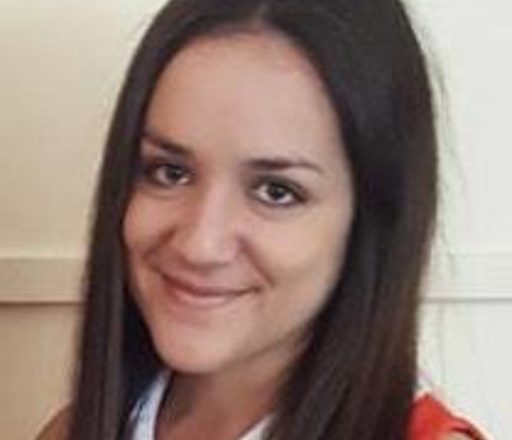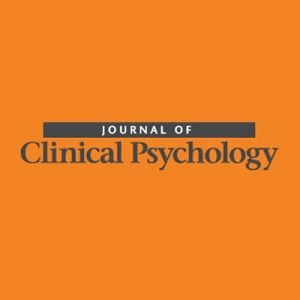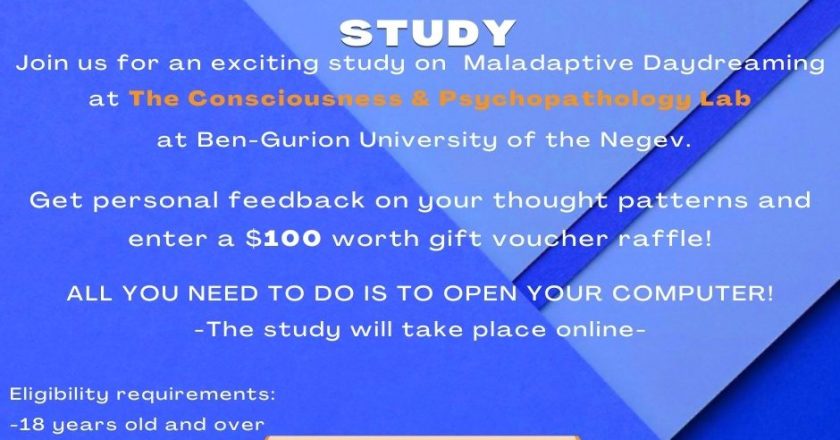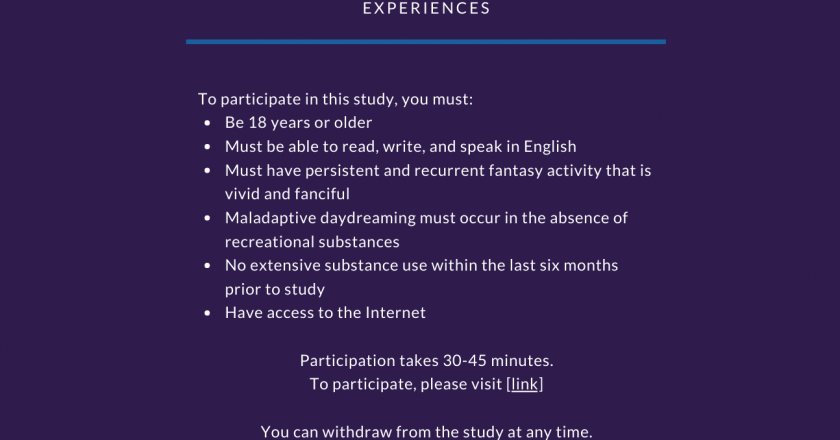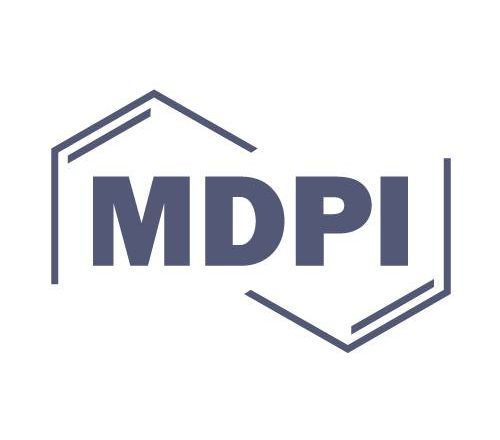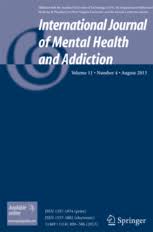Immersive and Maladaptive Daydreaming and Divergent Thinking in Autism Spectrum Disorders
New paper published!
Melina Jay West, Eli Somer and Inge-Marie Eigsti recently published a paper on divergent thinking, MD and ASD. It was published in Imagination, Cognition and Personality, a Sage Journal; "Since 1981, Imagination, Cognition and Personality has presented thoughtful investigations of mental images and fantasies, memory fragments and future anticipations, sensations and emotions, intrapersonal communication, and narrative constructions." The following is from the Abstract:
Little is known about the internal mental experiences of individuals with ASD. While some research suggests a limited capacity for imagination, other studies show heightened interest in fantasy and unique forms of creative thinking in ASD. This study explored daydreaming experiences in adults wit...
